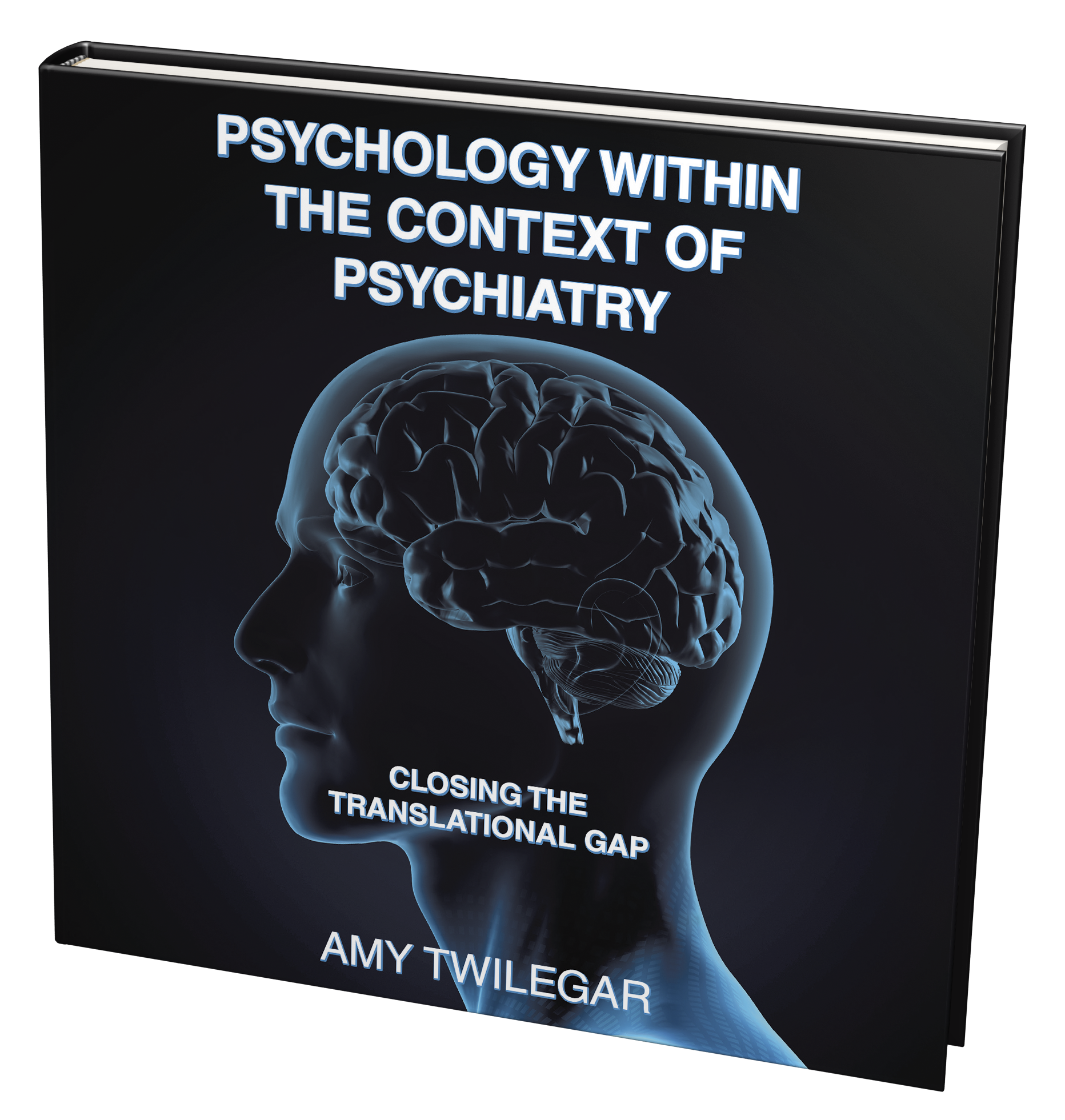
Psychology Within the Context of Psychiatry
Psychology and Psychiatry are fields grounded in the assessment and treatment of clinical disorders and mental health. As such, the two professions aim to identify and treat specific psychological and physiological abnormalities within the context of psychological dysfunction; however, this convergence proves disparate when considering the divergent analytical confluence with regard to rigid structure compounds for labeling certain disorders. The criteria-based assessment variables for classifying ADHD remains fundamentally based in childhood for symptom expressions in the diagnosis across age groups; however, the etiological significance to latent trait expression remains to be obscured. This work aims to re-evaluate such emergent properties, emphasizing the role of trait-based consequences leading up to, and sustainability of, the development of adult ADHD. In efforts to exploit the necessity for reappraisal of ADHD constructs, this work aims to reorganize the structural criteria measures when considering existential variables in the classification limitations in labeling ADHD; specific to adult diagnoses, particularly with regard to etiology as well as onset, pervasive developmental effects emerge which may help to explain the adverse consequential influences of parental maltreatment in the form of neglect and/or abuse. Through a series of research and literature reviews, the manifestations of ADHD symptoms, particularly within adult populations, are carefully reviewed and analyzed to highlight etiological significance of parental maltreatment and early relationship influences to explain the developmental constructs in re-assessing adult ADHD. Such clarification efforts may serve to better understand the neurobiological constraints in light of psychological dysfunction, rendering the need to re-classify the variables in the acquisition and precursor properties leading to the development of adult ADHD. In re-conceptualizing the rigid structural criteria measures to diagnose ADHD in adulthood, this lends credence to considering developmental factors when assessing trait-based characteristics as fundamental precursors to adult-onset proclivity in the development of ADHD. Taken together, these measures call for the mapping of theoretical frameworks onto biological measures, constituting a revisionary view for a Translational Developmental Psychobiology perspective in re-classifying ADHD.
The Spotlight Network on Psychology Within the Context of Psychiatry by Amy Twilegar
Copyright © 2026 · All Rights Reserved · Psychology Within the Context of Psychiatry

